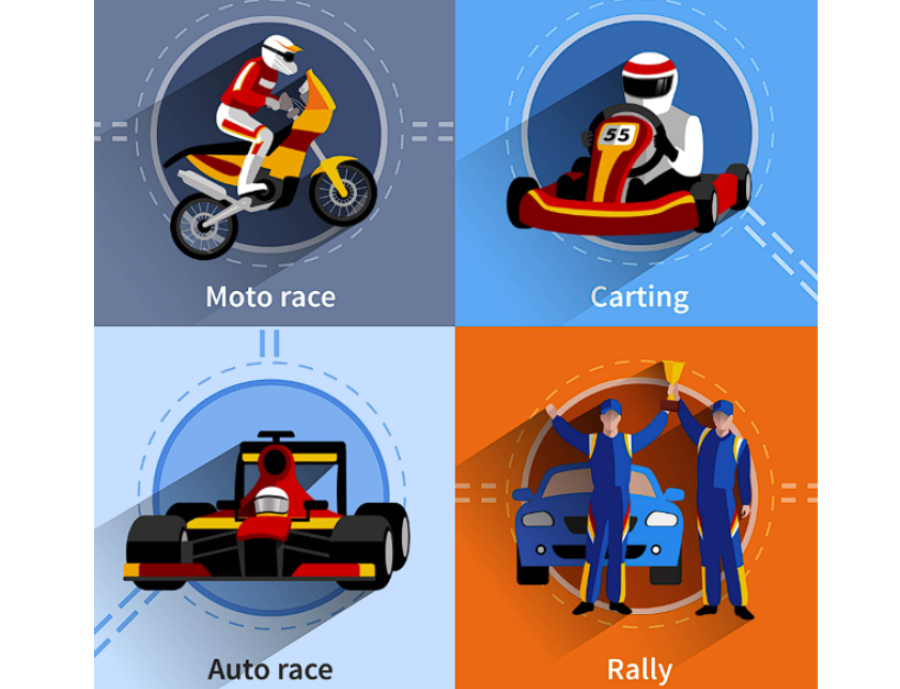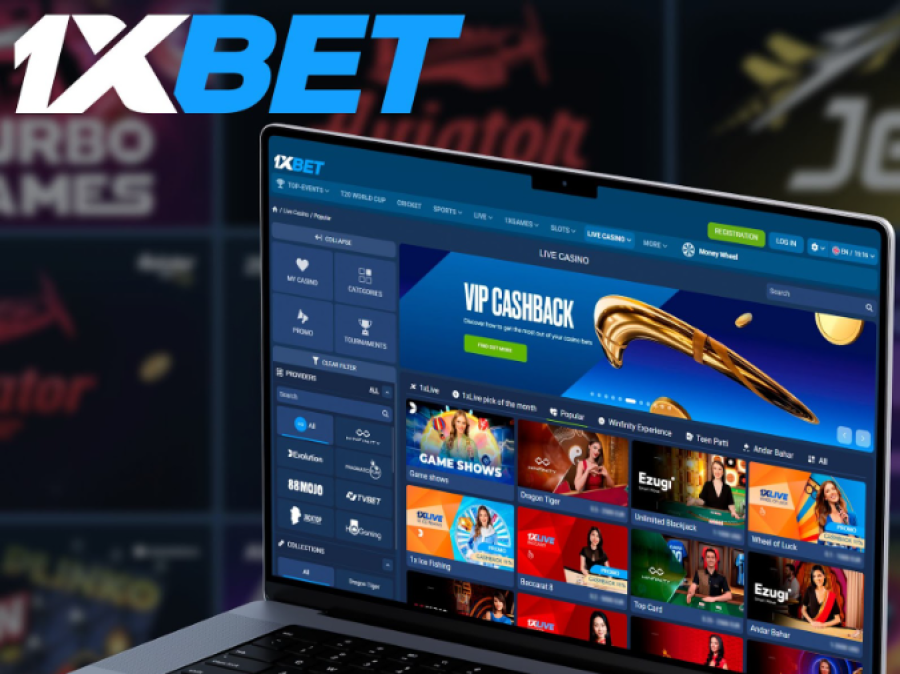Gamification has become a defining feature of the digital economy. From e-learning platforms to productivity apps and digital marketing strategies, game-like mechanics are now embedded in services far beyond traditional gaming. One of the more recent and illustrative examples of this phenomenon can be found in the rise of go go gold, a simple yet highly engaging online game that reflects the growing intersection between reward-driven mechanics and user behavior in the online entertainment industry.
The Rise of Gamification in Digital Entertainment
Gamification refers to the application of typical elements of game playing – point scoring, competition, rewards – to other areas of activity, particularly in digital products and services. It is used to enhance user engagement, increase retention, and drive desired behaviors through intrinsic motivation rather than coercion.
Platforms like go go gold leverage these principles within a purely entertainment-driven context but in ways that reveal deeper patterns about how consumers now interact with digital environments. The simplicity of the game, combined with reward incentives, taps into psychological triggers that drive user engagement across industries.
Understanding Go go gold: Simplicity as a Hook
The success of go go gold can largely be attributed to its minimalist design and straightforward gameplay. Users are invited to participate in a repetitive cycle of action and reward. Despite the game’s simplicity, the promise of small, frequent wins keeps users coming back.
At its core, this approach mirrors the variable reward systems found in more complex games and social media platforms. Users engage because they anticipate reward, but they cannot precisely predict when or how big it will be. This dynamic feeds into dopamine-driven behavior loops, a mechanism well-known to behavioral scientists and digital marketers alike.
Why Simple Reward Systems Work
Psychologists have long studied the effects of reinforcement schedules on human behavior. In particular, variable-ratio reward schedules – where rewards are given after an unpredictable number of actions – are highly effective at maintaining user engagement over time. This method is famously employed by slot machines, social media notifications, and now, micro-games like go go gold.
The appeal of these systems lies not in the magnitude of the reward but in the anticipation. Users are motivated by the potential of earning something, however small, which in turn sustains long-term interaction with the platform.
Gamification Beyond Gaming: Broader Trends Reflected
The popularity of games like go go gold also mirrors broader trends in online entertainment and even enterprise sectors. Key among these trends are:
1️⃣ Micro-Engagement
Modern users often prefer brief, accessible experiences that can be completed in seconds or minutes. Micro-games fulfill this need while providing enough satisfaction to encourage repeat visits. This mirrors the rise of short-form content on platforms like TikTok and Instagram Reels.
2️⃣ Reward-Centric Design
Users increasingly seek experiences where effort is immediately recognized, even if the rewards are virtual or symbolic. Leaderboards, badges, and virtual currencies proliferate in apps ranging from fitness trackers to language learning platforms, echoing the same psychology used by go go gold.
3️⃣ Casual Monetization Models
Gamified systems often support monetization through microtransactions. While go go gold does not rely on complex monetization schemes, its underlying mechanics are easily adapted to in-game purchases, advertising models, or user retention strategies seen in other sectors.
4️⃣ Data-Driven Engagement
Gamified platforms collect valuable data on user behavior, engagement patterns, and preferences. This feedback loop allows developers to refine experiences continuously, tailoring difficulty, frequency of rewards, and aesthetic elements to optimize retention.
The Academic Perspective: Behavioral Science in Action
From an academic standpoint, go go gold serves as a live case study in applied behavioral science. It encapsulates several core principles of gamification theory:
Immediate feedback loops through visual and auditory cues.
Progress mechanics via visible accumulation of wins.
Perceived skill involvement, despite the randomness, keeping users engaged through illusion of control.
These techniques have been studied in behavioral economics, psychology, and user experience (UX) design as effective tools for increasing engagement. In this context, go go gold provides a practical demonstration of theory translating into user behavior at scale.
Gamification’s Role in Shaping Consumer Habits
Games like go go gold contribute to a larger cultural shift in how consumers approach digital platforms. Increasingly, users expect interfaces that reward their attention and actions, blurring the lines between work, leisure, and consumption.
This expectation extends beyond entertainment into sectors like:
Education: Duolingo gamifies language learning with streaks and badges.
Healthcare: Fitness apps reward step counts and workout consistency with badges and achievements.
Finance: Some fintech apps gamify saving and investment with progress bars and challenges.
These examples highlight the power of gamification not merely as a marketing tactic but as a tool to shape daily behaviors and long-term habits.
Ethical Considerations: The Fine Line Between Engagement and Exploitation
While gamification offers numerous benefits in terms of engagement, it also raises important ethical questions. Games like go go gold exemplify how easily these mechanics can encourage compulsive behavior, particularly in vulnerable users. The same dopamine-driven loops that keep people engaged can also lead to problematic usage patterns if not managed responsibly.
Regulators and developers alike must consider the implications of these systems:
Clear communication about the odds and nature of rewards.
Tools for self-regulation, such as session limits or reminders.
Transparency in monetization models to avoid predatory practices.
In the academic discussion, the ethics of gamification continues to be a focal point, especially as digital environments become more immersive and ubiquitous.
Go go gold in the Context of Online Entertainment’s Evolution
The rise of go go gold coincides with larger shifts in online entertainment consumption:
From Passive to Interactive: Users increasingly favor interactive experiences over passive consumption (watching, reading).
From Long-Form to Micro-Form: Short, repeatable experiences dominate.
From Transactional to Habitual: Platforms focus on user retention through ongoing engagement rather than one-off transactions.
These trends underline the strategic value of simple games as tools for capturing user attention in competitive digital landscapes.
Looking Ahead: The Future of Gamification and Casual Games
The success of platforms like go go gold suggests that the future of digital engagement will continue to prioritize gamified experiences. Future developments may include:
Integration with AR/VR technologies for more immersive environments.
AI-driven personalization adjusting difficulty and rewards in real-time.
Greater convergence with social platforms, blending gaming and networking.
Furthermore, as digital natives age, expectations around engagement will evolve, further embedding gamification into everyday online experiences.
Conclusion
Go go gold stands as a compelling example of how simple mechanics can drive profound user engagement, reflecting deeper truths about human psychology and digital consumption patterns. For researchers, developers, and marketers, it offers a blueprint for understanding and leveraging gamification in a responsible, effective manner.
The intersection of gaming, behavioral science, and digital entertainment continues to reshape industries, and platforms like go go gold are at the forefront of this transformation.









